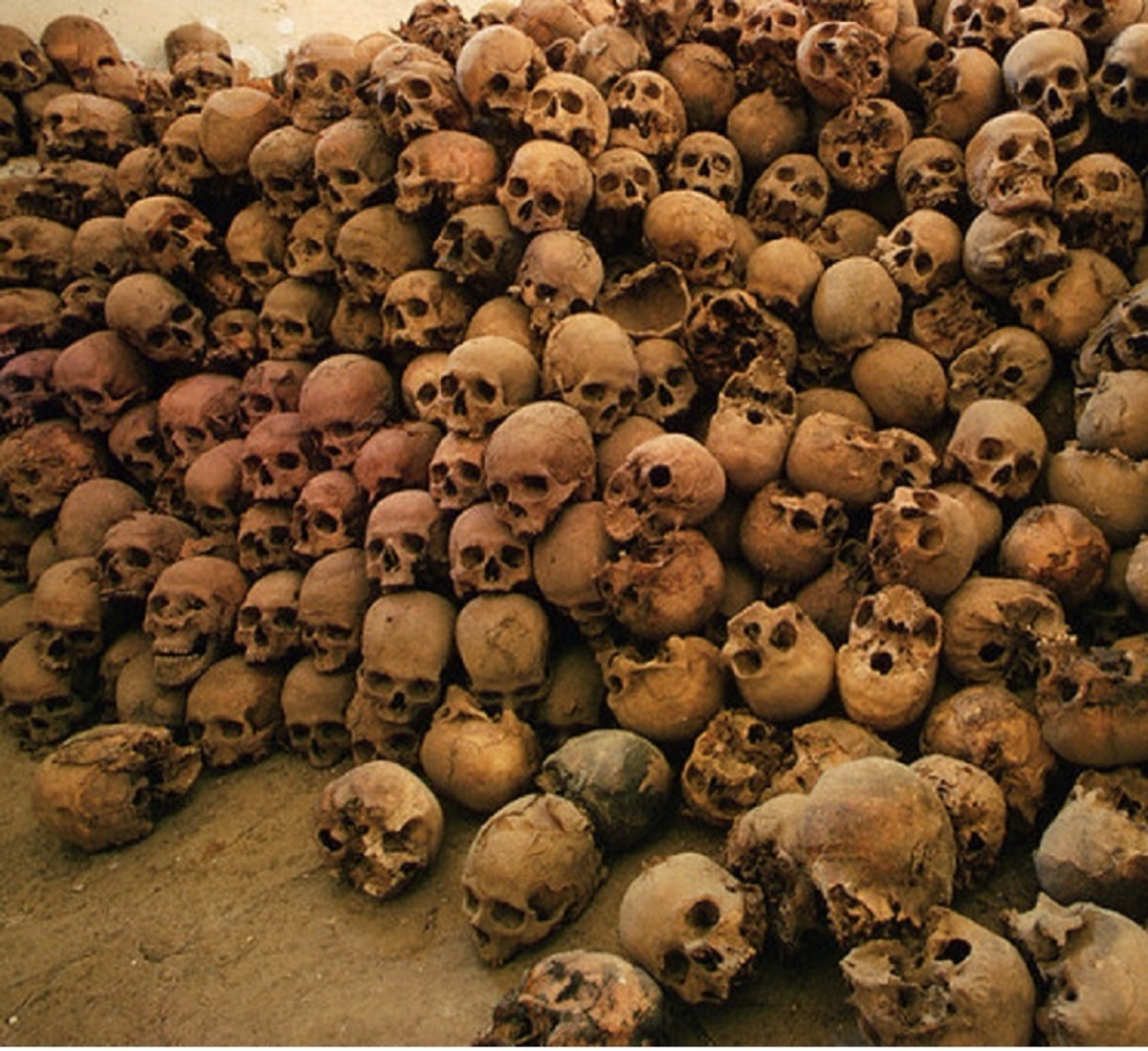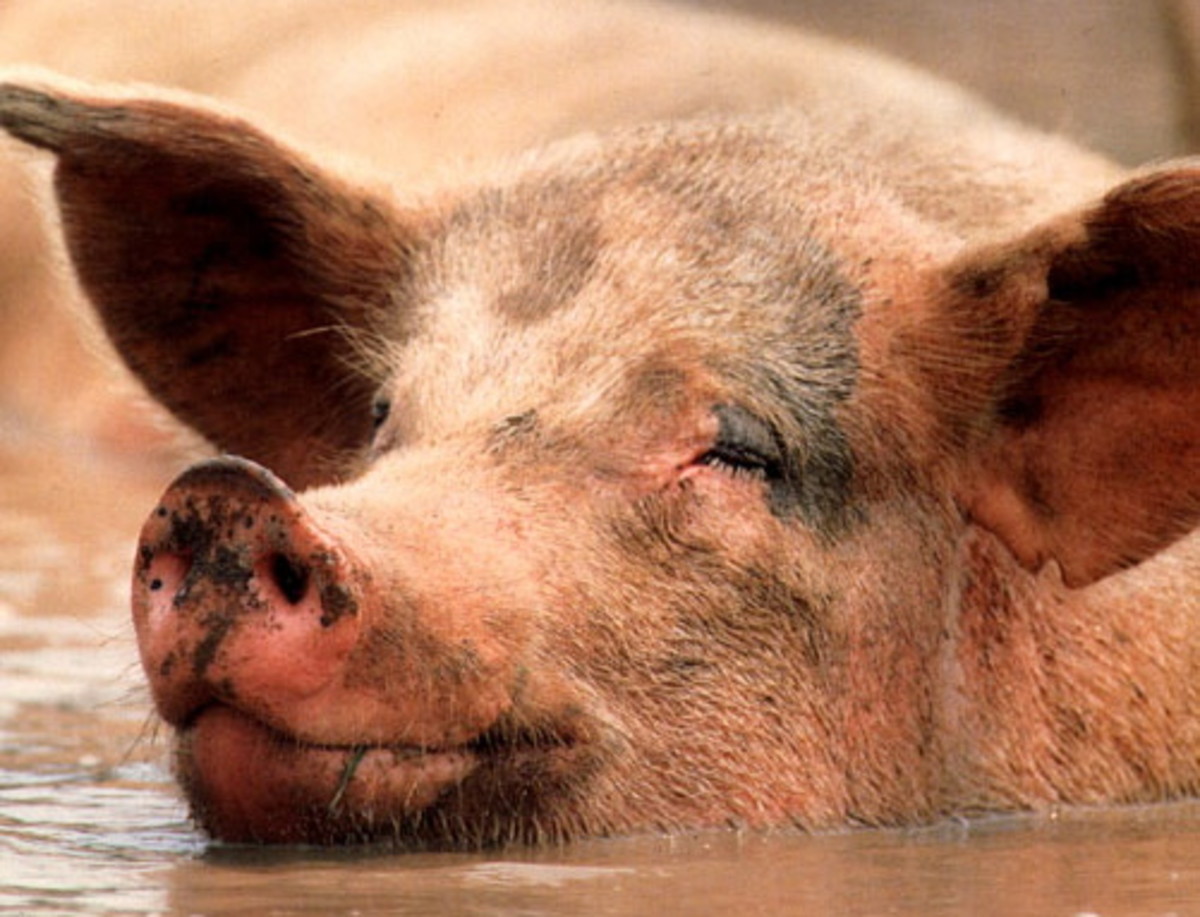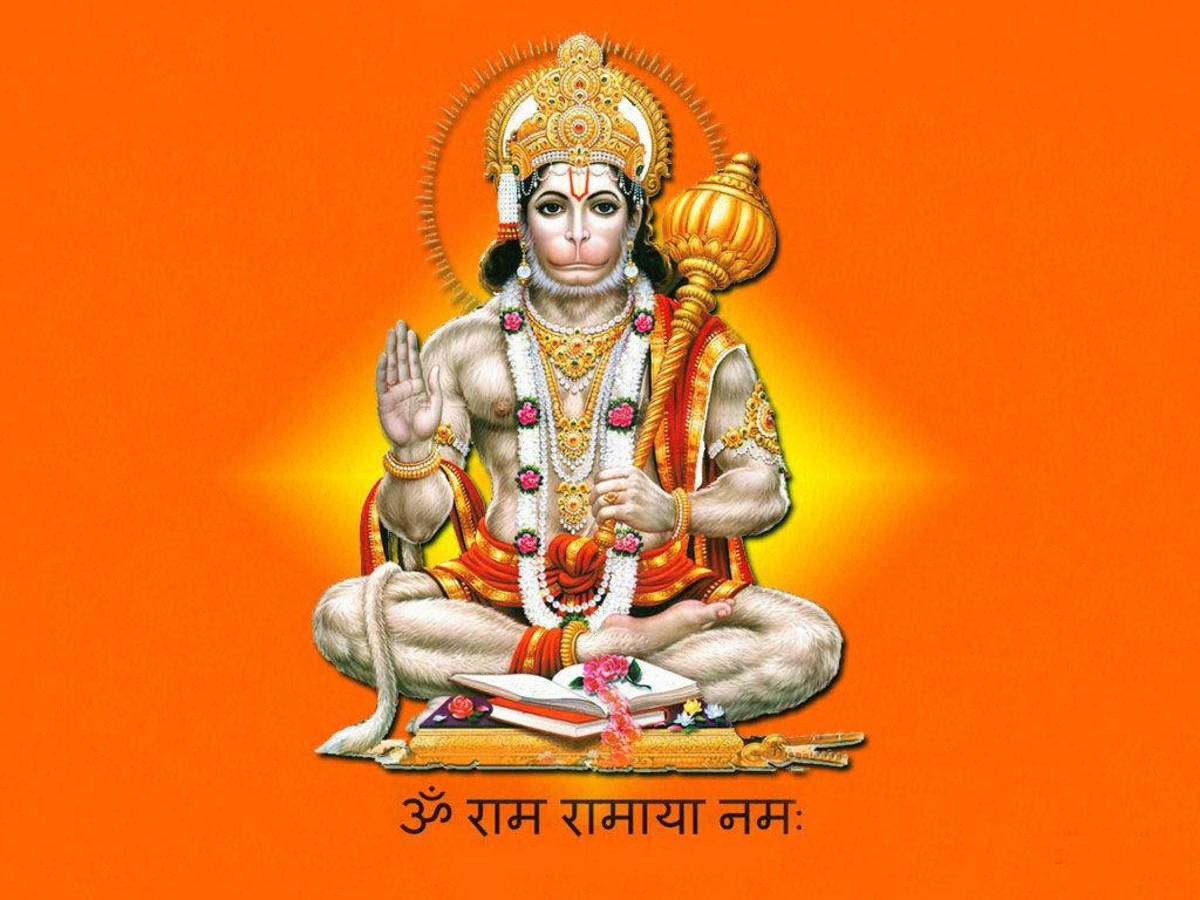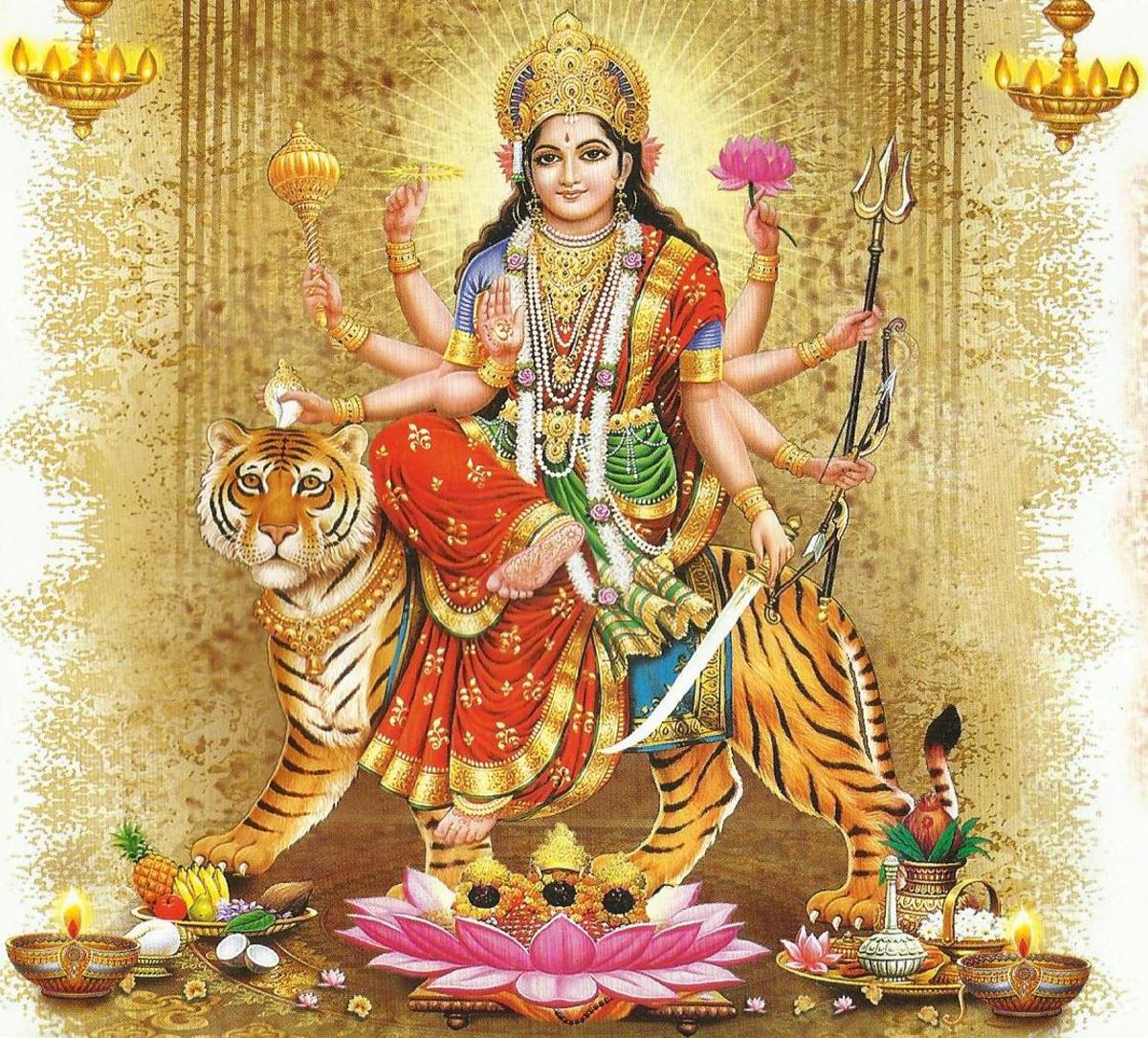OBSESSION WITH MATERIAL WEALTH
Advantages of the Matriarchy
In 2008 many individuals were laid off because of problems with the economy. The greed of individuals and lending institutions had much to do with this recession.
Obsession with material wealth goes back a long ways in the history of humanity. Many of the leaders of spiritual traditions of the world do not think very highly of greed.
In Buddhism greed and attachment to material wealth are connected with continual rebirths. The Buddah said, "Greed is an imperfection that defiles the mind." When greed is on your mind, your mind will justify polluting the environment, stealing from the poor, being sexist, being racist and other negative actions.
Jesus said, "Watch out! Be on your guard against all kinds of greed; your life does not consist in the abundance of your possessions." (NIV - Luke 12:15) He often spoke up against the Pharisees who neglected justice, mercy and faithfulness and put on signs of great wealth for others. Lent is a season where Christians give up comforts or bad habits and donate the money to charity. It directs a person away from greed.
One of the Old Testament prophets, Amos, spoke very plainly about the oppression of the poor by the rich, "Hear this, you who trample the needy and do away with the poor of the land, saying, ' When will the New Moon be over that we may sell grain, and the Sabbath be ended that we may market wheat?--skimping the measure, boosting the price and cheating with dishonest scales, buying the poor with silver and the needy for a pair of sandals, selling even the sweepings with the wheat.' " (NIV - Amos 8:4-6)
The poor were in debt and being sold into slavery to pay their debts. Sandals were given as pledge for the debt, so the poor lost their shoes in the process. Many modern people have become slaves to debt just like in the book of Amos.
In Hinduism greed was also, like in Buddhism, connected with extending the cycle of rebirths. It is one of the primary causes of suffering in the world. This is a major statement because so many negative behaviors are tied to greed. Greed is contrary to upholding dharma. The Gita warns against greed in a number of places and promotes the concept of peace, "For the person who forsakes all desires and abandons all pride of possessions and of self reaches the goal of peace supreme." With material wealth there is responsibility towards the poor and bettering society. One should not accummulate money excessively. There is a responsibility to help others achieve a better life situation.
Muslims are required to donate to charity as part of one of the pillars of Islam found in the Koran. By doing so, greed will be kept in check. Ramadan centers on this very idea: fasting and giving to charity.
As many of us have observed lately, "Love of money is the root of many evils." Money or wealth could be used for good or ill purposes. When it becomes more important than people, the environment and God it becomes greed.
I thought I may be could shed some light on how to live in a different system, which promoted the idea of sharing the wealth, and, in the process reducing many of our social problems.
One of the women at the mandir talked about a matriarchal society in Kerala in northern India. I thought is would be interesting to read about Kerala's matriarchy to see what this system was like. In some other parts of northern India purdah is entrenched. Purdah is very patriarchal with women being covered head to toe. They can't do much without a male's permission or protection.
In Kerala's Matriarchy "women ruled. Not on royal thrones with giant armies but as heads of giant households--positions often more powerful. Here, women were educated, respected, moved about without fear or censure, participated occupationally wherever they wished and were the major force leading it to become India's first near-100% literate state."
This system came into being around 1299 and has existed in one form or another to this day in Kerala. This society was based on the ancient Vedic Principles where the Mother Shakti energy prevaded the Universe.
In this matriarchal system, a groom moved into the household of the bride's family. The woman chose her own husband. In fact, she often had more than one husband. The warrior caste/class consisted of many men from this region of India. They were often miles away for long periods of time. Women were widowed when the men died in battle, so it was very common for women to remarry or to have more than one husband at a time. The couple also had the freedom to divorce at any time, but divorce was rare because women were treated well in this society.
Spouse abuse was very rare in this society because the men lived in the woman's household and because abuse was not tolerated. Men did not own much property in this society, so they could not easily find another place to live. If the man abused his wife, the household members threw him out.
The economics of these households were interesting. The eldest woman was the head of the tarwad, a complex of extended family dwellings. Her brother helped her manage the property. This property consisted of temple, granary, wells, orchards, gardens and land with several buildings. The elders took care of children and single people. The children took care of elders in need of special care. Their system was a little bit of capitalism, a little bit of socialism, a little bit of democracy and a little bit of autocracy in an interesting balance. Poverty was greatly reduced in this system. Women worked as teachers, nurses, social workers and in other professions. They brought in wealth into the household. The female heirs inherited the wealth, so women were highly valued. Even though men had less power in this society, many men liked the results of the shared economic wealth and education, reduction in social problems, crime and poverty. Men were respected and treated with respect even though women had so much more power. Women abolished slavery and animal sacrifice.
In modern Kerala the nuclear family is more predominant, so people are not as cared for quite as well today. Wars decreased. Men returned and took jobs in the city. However, women work outside the home, are highly educated and can travel alone there without harassment. The economic system in the ancient society sounds like a model which could benefit India and other countries. The organic food coop system in the USA reminds me of aspects of this matriarchal system. People pool their resources by becoming members and buying food at the coop. Profits from the coop are given to members after expenses are met. Coops vote on which non-profits to donate money to as part of this model. Each coop also helps other coops.
The reduction in social problems is truly amazing in the ancient model. Women were educated as well as the rest of society. I wonder what would happen if every country used this model. No one cares as much about you as your mother. If more mothers got together, we could truly make the world a better place, just like in Kerala. It's time to try the matriarchy again!
JAI SHRI MATRIARCHY! JAI SHRI MOTHERS!
Radhapriestess







